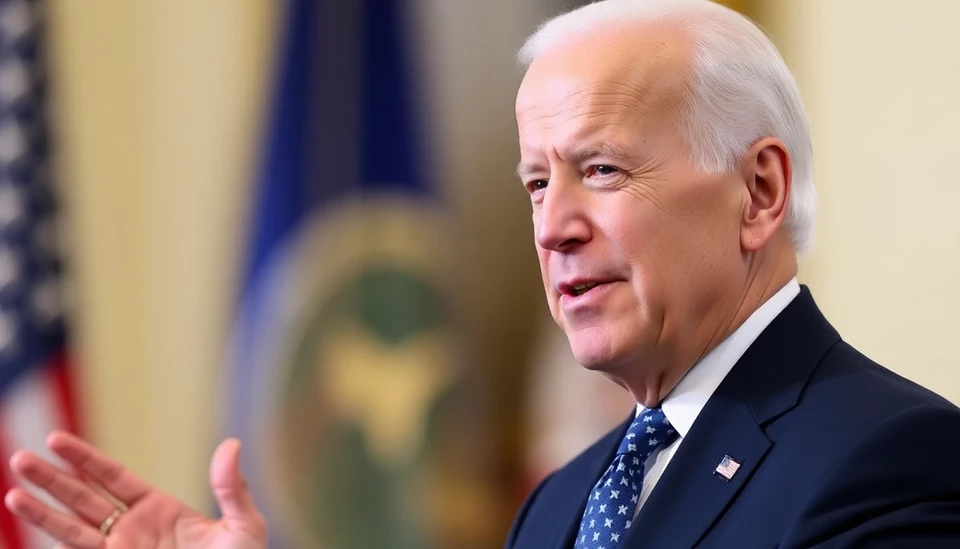
In a significant healthcare advancement, President Joe Biden has unveiled a proposal aimed at expanding Medicare and Medicaid coverage to include medications that treat obesity. This move is part of a broader strategy to combat the rising prevalence of obesity in America, which currently affects approximately 42% of the adult population, according to recent statistics.
The decision, announced during a high-profile public event focused on health care accessibility, emphasizes the administration's commitment to addressing chronic health conditions through innovative treatments. The proposal aligns with the recent surge in the use of anti-obesity drugs that have gained attention for their potential to not only aid weight loss but also improve overall health outcomes, thereby reducing the burden on the healthcare system.
Notably, medications like semaglutide and liraglutide, which were previously primarily accessible as private prescriptions, have shown promising results in clinical trials, significantly helping in weight management for individuals suffering from obesity. Biden's administration argues that providing coverage under Medicare and Medicaid will not only enhance patient care but also provide long-term savings for taxpayer-funded health programs by reducing obesity-related complications, such as diabetes, heart disease, and certain types of cancer.
The proposal has sparked a mix of enthusiasm and skepticism among healthcare experts and lawmakers. Supporters argue that this initiative is a much-needed step in acknowledging obesity as a serious health condition that warrants medical intervention, rather than merely lifestyle changes. However, some remain concerned about the high costs associated with these drugs and the potential financial strain it could impose on government-funded health programs.
Additionally, the Biden administration's move signals a shift towards a more comprehensive approach to healthcare that embraces pharmacological treatments as part of the obesity management strategy. It aims to destigmatize obesity as solely a product of poor dietary choices and sedentary lifestyles, recognizing the complex interplay of genetics, environment, and social determinants of health in the rising obesity rates.
Expectations are high as the proposal moves towards Congress, where it will be scrutinized and negotiated. Proponents hope to gain bipartisan support by emphasizing the long-term cost savings and health benefits that could arise from more robust obesity management through medication coverage. There are also calls for additional funding and research into effective obesity treatments, including combining pharmaceutical interventions with lifestyle changes for the best outcomes.
As the conversation advances, health advocates and organizations are urging individuals to support this movement, emphasizing the potential positive impact it could have on countless lives across the nation.
In conclusion, President Biden’s proposal for Medicare and Medicaid to cover obesity medications marks a pivotal moment in U.S. healthcare policy. This initiative could lead to a significant shift in how obesity is treated in America, emphasizing an integrative approach that combines medical and lifestyle factors to address this pressing public health issue.
#Biden #Medicare #Medicaid #ObesityDrugs #HealthCare #PublicHealth #ObesityAwareness #ChronicConditions
Author: John Harris




